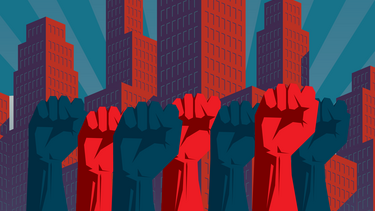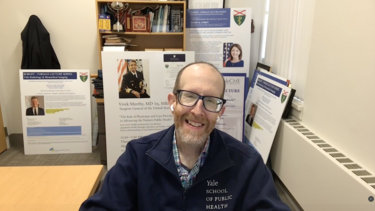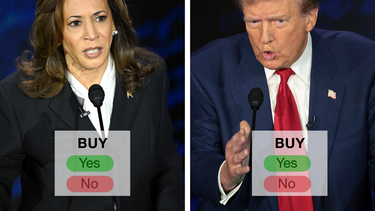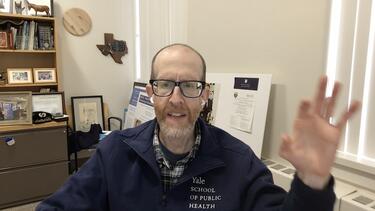Faculty Viewpoints
The Good, the Bad, and the Unpredictable in Trump’s Cabinet
Yale SOM’s Jeffrey Sonnenfeld and co-author Stephan Henriques write that some of the picks are reassuring, some seem designed to sow chaos, and some are wild cards, with the potential to tip the balance in either direction.

Anti-Business Sentiment Is Uniting Political Opposites
Yale SOM’s Jeffrey Sonnenfeld writes that populist voices on the left and right have found common ground in attacking big business.

How CEOs Should Navigate the Trump Presidency
Yale SOM leadership expert Jeffrey Sonnenfeld writes that business leaders should engage with the new administration—and remain unified on issues of shared concern.

For the Youngest, Pertussis Is Dangerous and Preventable
Pertussis, also known as whooping cough, is on the rise after a pandemic-era lull. Yale SOM’s Dr. Howard Forman says that the disease can lead to hospitalization and even death for the youngest children, but can be prevented by proper vaccination of babies and their mothers.

Don’t Trust the Political Prediction Markets
Yale SOM’s Jeffrey Sonnenfeld, co-author Steven Tian, and investor and former White House staffer Anthony Scaramucci write that the markets have extremely low trading volume—which makes it easy to manipulate them.

Who Has the Secret to Manufacturing Success?
Both Kamala Harris and Donald Trump propose to use government clout to strengthen the U.S. manufacturing industry—though they have very different proposals for how to accomplish this goal. According to an analysis by Yale’s Jeffrey Sonnenfeld and co-authors Laura Tyson and Steven Tian, the record of the last two presidential terms shows the Harris approach to be more effective at actually delivering jobs and economic growth.

Hamas Leader Yahya Sinwar’s Death Can Bring the Middle East Closer to Peace
Yale SOM’s Jeffrey Sonnenfeld, co-author Steven Tian, and diplomat Dennis Ross write that Sinwar’s death could ultimately lead to the end of Hamas rule and the political and economic stabilization of Gaza.

What Critics of Pfizer Are Getting Wrong
The activist investment firm Starboard Value has launched a proxy fight again Pfizer, questioning the company’s management under CEO Albert Bourla. Yale SOM’s Jeffrey Sonnenfeld and co-author Steven Tian write that the critics are demonstrating the same impatience that has led investors to underestimate Pfizer in the past.

How to Lay People Off with Humanity
Layoffs may sometimes be necessary, writes Yale SOM’s Emma Seppälä, but they are painful, both for departing employees and those remaining in what can be a demoralized and overworked organization. She offers research-based guidance for making the process more compassionate and less disruptive.

Celebrating a Milestone in the Campaign to Eliminate a Major Cause of Blindness
More than two million people have lost their vision, in whole or in part, to trachoma—a preventable infection that is widespread in areas with poor sanitation. Dr. Howard Forman writes that the campaign to eradicate trachoma by 2030 has achieved an important victory: eliminating the disease as a public health problem in India.
